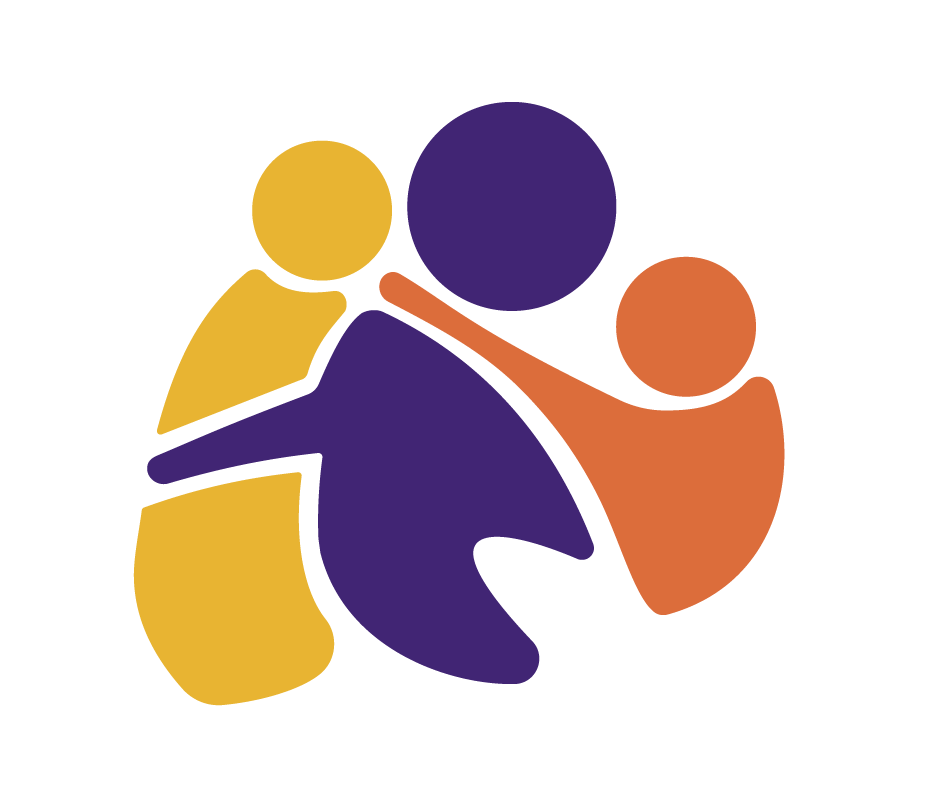If you are concerned for a child’s safety or wellbeing, you can call our Helpline
Who can you talk to if you think a child needs help
You can call Oranga Tamariki, Ministry for Vulnerable Children anonymously on 0508 326 459 to discuss your concerns with a social worker, or call our Helpline on 0800 568 856. We will talk about your concerns with you and what can be done to help the child and/or family you are worried about.
“Child abuse means the harming (whether physically, emotionally, or sexually), ill-treatment, abuse, neglect or deprivation of any child or young person.” (Source: Oranga Tamariki, Ministry for Vulnerable Children)
Physical abuse
Physical abuse is any form of violence, including pushing, hitting, kicking, pinching, or hair-pulling, or the threat of these. It can also take other forms, such as withdrawing food or shelter or washing the child’s mouth out with soap.
Emotional abuse
Emotional abuse includes:
- any treatment of a child that belittles or denigrates them, such as telling them that they are bad or stupid, or that they are not loved.
- the use of manipulative behaviour such as emotional withdrawal by a parent as a punishment, or isolating the child from others for an extended period of time.
- exposure to violence or the threat of violence in the home, even when it is not directed at the child.
- very inconsistent parenting. Constantly changing boundaries so that the child does not know what is acceptable. For example, when a parent accepts something one day but has an extreme reaction to the same behaviour the next. Or when one parent accepts a behaviour and the other parent has an extreme reaction to it.
Neglect
Neglect is failure to provide for a child’s physical safety, and/or needs such as adequate food, clothing, warmth, shelter, supervision, and medical attention for health issues. It is also failure to meet their emotional needs such as love, security, and support.
Sexual abuse
Child sexual abuse includes behaviours involving inappropriate physical contact or inappropriate exposure of children to sexual behaviour or content. It is abuse in any relationship where the power balance is unequal.
Inappropriate physical contact includes:
- any touching of a child’s genitals or anal area other than for a necessary reason such as age-appropriate hygiene or for a medical examination.
- any contact between genitals or mouth and genitals, and any penetration of vagina, anus, or mouth by any body part or any thing other than for an appropriate reason such as a medical examination.
- making or encouraging children to play sexual games with an older person or with anyone else; or to encourage any sexual touching or activity by them.
- inappropriate exposure of genitals to a child (flashing).
- showing a child, or allowing them to see, pornography.
- exposure of children to adult sexual activity, such as having sexual intercourse with a child present in the room.
- taking photographs or videos of children in sexual poses.
What do I do if I think a child may have been physically or sexually abused?
- be very calm with the child. If the child has told you that something has happened, tell them that they have done the right thing by telling you. Tell them that they are very brave, and that you are going to get help for them. Reassure them that they have done nothing wrong, and that you love them.
- don’t ask lots of questions – it is important that they are interviewed by a specialist child psychologist as soon as possible, and before they have spoken in detail to anyone else. This ensures both the safety of the child and the reliability of any information they give.
- call the police.
- get support for yourself.
- don’t do nothing. Children cannot stand up for themselves – they need adults to do this for them. If you are in any doubt about a child’s safety, or whether you should do anything, call our Helpline 0800 568 856

